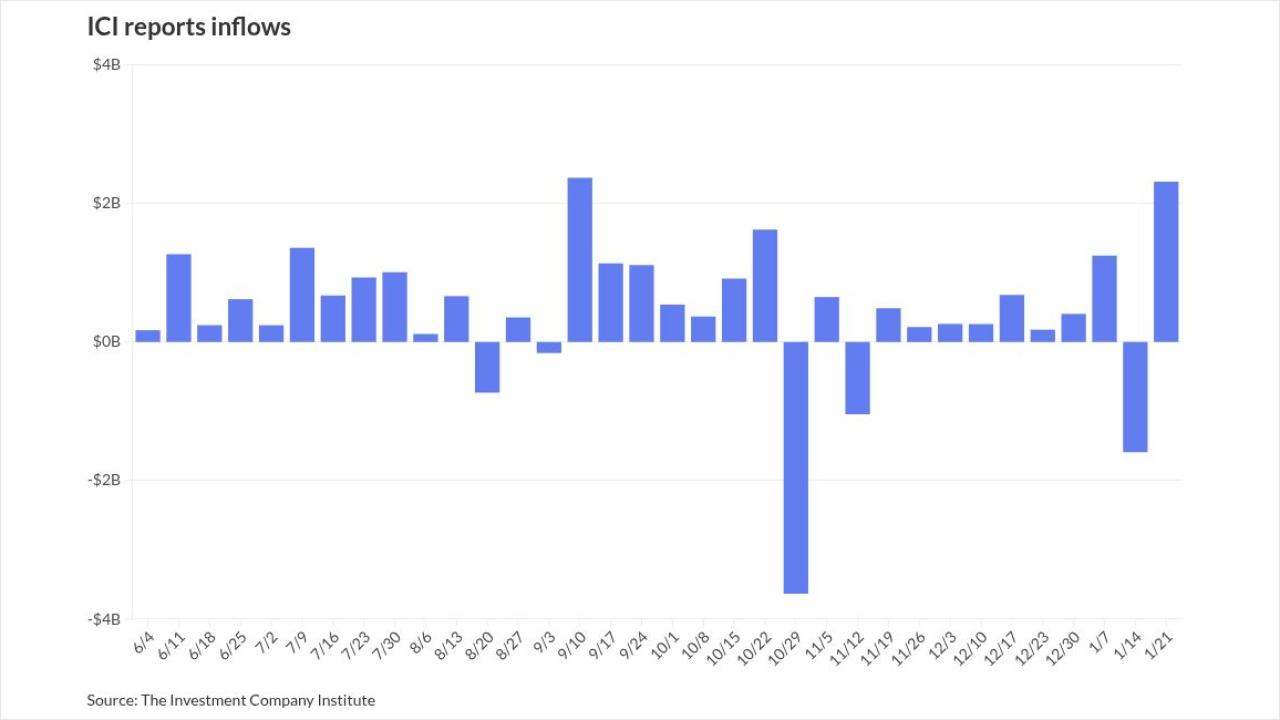
The Houston City Council signed off on a $7 billion fiscal 2026 budget Wednesday amid worries on how a bill passed by Texas lawmakers, unbeknownst to some city officials, would impact its public safety pension funds.
Ahead of
Hollins said a third-party actuarial review of the bill is essential.
"It must include rigorous stress testing for market volatility, demographic trends and inflation, so we understand the full risk and the impact to the city as well as our retirees," he said.
Houston Finance Director Melissa Dubowski said the city's actuary is already analyzing the bill, which expands eligibility for a deferred retirement option plan to additional police officers and firefighters.
"They're still working on the analysis, but they believe that it's going to be cost neutral – no increase to the unfunded liability and no increase from a budgetary standpoint, as far as what we have to contribute to the pension systems," she said.
Pension reforms passed by the Texas Legislature in 2017, along with Houston's $1 billion
Spending pressures and shrinking budget reserves led to
Hollins
The spending plan for the fiscal year that begins July 1 taps about $100 million from the fiscal 2025 ending fund balance. That balance is projected to fall from an estimated $380.8 million on June 30 to $273.4 million at the end of fiscal 2026, according to
"We're still broke, but we managed to put a sound, balanced budget together," Mayor John Whitmire said, adding that an Ernst & Young
The budget includes $122 million in spending cuts and accommodates pay raises from
One potential budget sticking point was resolved after a court approved an agreement over $100 million in property tax revenue the city must allocate annually for drainage and roads. The deal allows the city to
The mayor's proposed budget did not include any money from Senate Bill 2722, which





